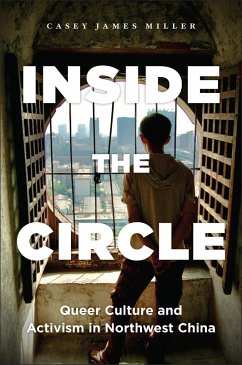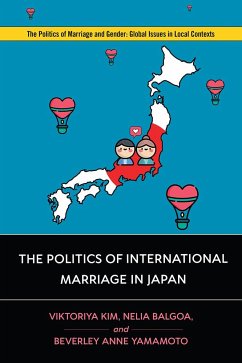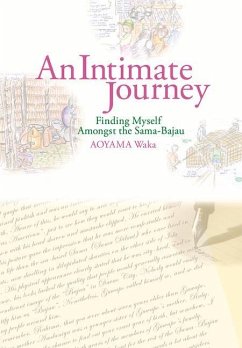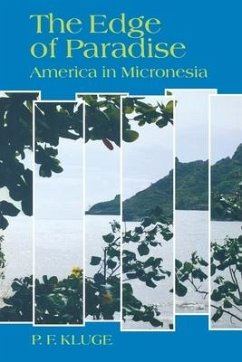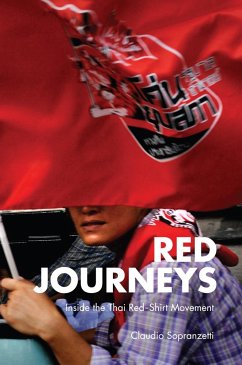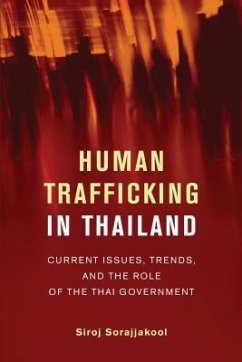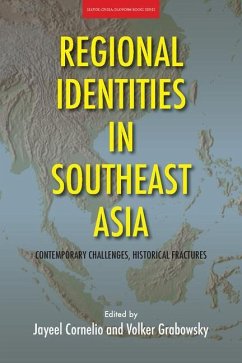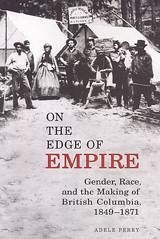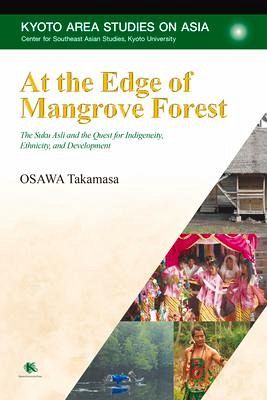
At the Edge of Mangrove Forest
The Suku Asli and the Quest for Indigeneity, Ethnicity, and Development
Versandkostenfrei!
Versandfertig in über 4 Wochen
35,99 €
inkl. MwSt.
Weitere Ausgaben:

PAYBACK Punkte
18 °P sammeln!
Although ethnic Malays make up the majority of the Malaysian population and are the ruling class of the nation, there are also indigenous peoples, including the Suku Asli. Indigenous peoples are not self-evidently indigenous from the start. They are a political framework whose existence is recognized and shaped by the forces at work among other peoples and groups. This book describes the process by which the Suku Asli have become aware of their indigeneity, objectify and sometimes change their lifestyles, construct identities of "indigeneity," and eventually "become" indigenous people.




